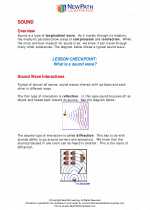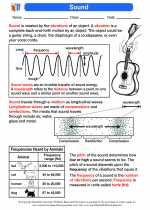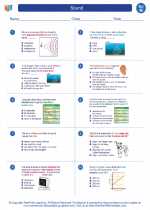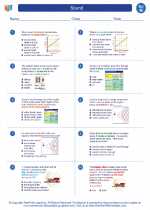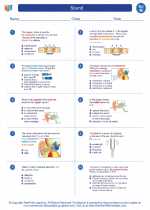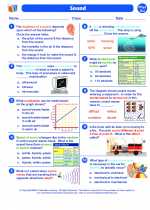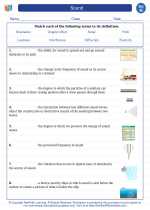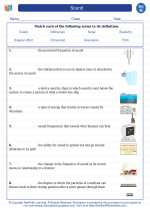Sound -> growth and development
Growth and Development
Growth and development refer to the physical, cognitive, and emotional changes that occur in an organism over the course of its lifespan. In the context of biology, this concept is often applied to the study of human development, but it can also be used to describe the changes that occur in other living organisms.
Stages of Human Growth and Development
Human growth and development can be divided into several stages:
- Infancy: This stage covers the period from birth to around 2 years of age. During this time, infants experience rapid physical growth and begin to develop basic motor skills.
- Childhood: Childhood extends from the end of infancy to the onset of adolescence, typically around 12 years of age. Children continue to grow physically and begin to develop more complex cognitive and social skills.
- Adolescence: This stage marks the transition from childhood to adulthood and involves significant physical and hormonal changes, as well as the development of identity and independence.
- Adulthood: Adulthood encompasses the years following adolescence and is characterized by further physical and cognitive maturation, as well as the pursuit of career and personal goals.
- Old age: In this final stage of life, individuals experience the effects of aging, including declines in physical and cognitive abilities.
Factors Affecting Growth and Development
Several factors can influence an individual's growth and development, including:
- Genetics: Genetic factors play a significant role in determining an individual's physical and cognitive traits.
- Environment: The physical and social environment in which a person grows up can have a major impact on their development.
- Nutrition: Access to adequate nutrition is crucial for healthy growth and development, particularly during childhood.
- Stimulation: Cognitive and social stimulation, such as education and social interactions, can influence brain development and learning.
- Healthcare: Access to quality healthcare services can support physical development and address medical issues that may arise.
Study Tips
To effectively study the topic of growth and development, consider the following tips:
- Review the stages of human growth and development, paying particular attention to the key characteristics and milestones associated with each stage.
- Explore the factors that can influence growth and development, and consider real-life examples of how these factors can impact individuals.
- Use visual aids, such as diagrams or charts, to illustrate the various stages and factors involved in growth and development.
- Discuss and compare different theories of human development, such as those proposed by notable psychologists like Jean Piaget and Erik Erikson.
- Engage in discussions or group activities to deepen your understanding of the complexities of growth and development.
